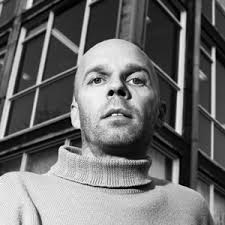Dr Rob Ralphs
Reader in Criminology, Manchester Metropolitan University
Rob has been researching both substance use and drug markets for over 20 years. His interest in drug markets emerged from the three year ESRC funded ‘Youth Gangs in an English City: Social Exclusion, Drugs and Violence’ study for which he was lead researcher. More recently, he has conducted research exploring prison drug markets, with a particular focus on new psychoactive substances (NPS). Manchester City Council’s Community Safety Partnership Board has primarily funded his current research on substance use. This body of research focuses on emerging drug trends; in particular, NPS use including ‘chemsex’ and substance use amongst rough sleepers and people with street based lifestyles.
This paper presents findings from a six-month study of New Psychoactive Substance (NPS) use in Manchester, UK. Drawing on data from 84 interviews (53 with NPS users, 31 with stakeholders), the paper documents a notable shift in the drug using landscape. It highlights how the homeless community, traditionally associated with alcohol dependency and problematic (injecting) heroin and/or crack cocaine use, are now switching to smoking synthetic cannabinoid receptor agonists (SCRAs), while some men who have sex with men (MSM) members of the LGBT community who have traditionally been strongly associated with recreational drug use, are now developing more problematic intravenous drug using habits. The paper goes on to discuss the implications of this shift for existing models of treatment service delivery. In particular, it outlines the necessity for treatment services to develop innovative engagement strategies, alongside clearer referral pathways and improved service integration.
